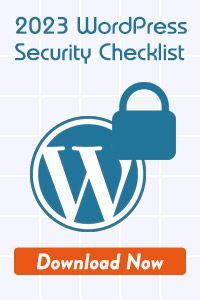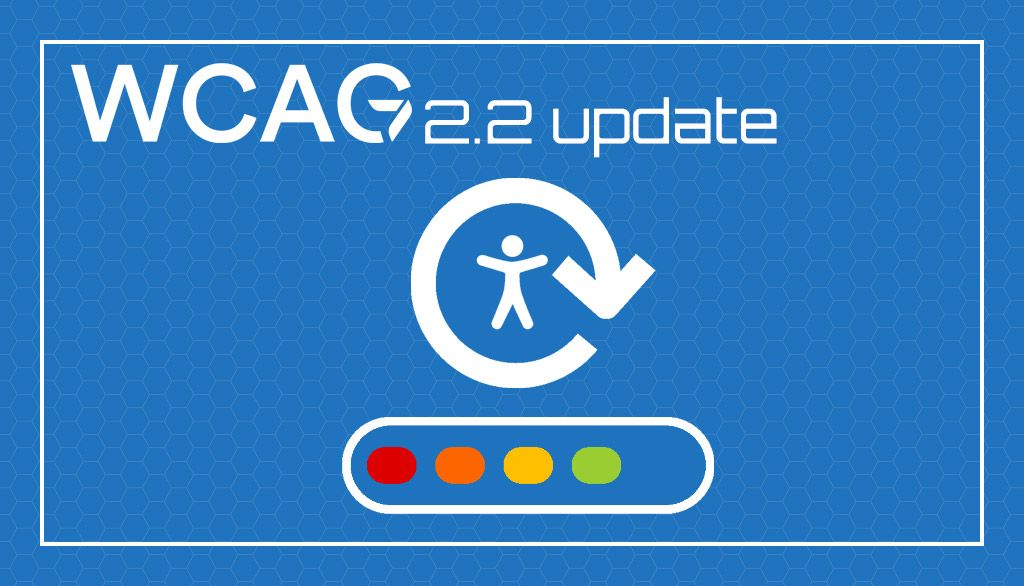How to Select the Best Hosting Provider for your Website
There are many aspects to consider when selecting where to host your website. It’s a choice you want to get right the first time, because moving a site to a new host can sometimes be a hassle. It can result in loss of functionality, it can impact your search traffic, and it can create additional costs.
Here are some of the most important considerations that deserve your attention, before you finalize your choice.

Platform
The first thing you need to decide is what sort of platform you want to use for your site. If you want to use the (WP) WordPress CMS (Content Management System), you’ll find that most hosting companies will support it, as around 40% of the websites on the planet are run on WordPress. WordPress is easy to learn, and being open source, it involves no licensing fee.
There are other common platforms to choose from, some being considerably more complex to learn, some being available only on a specific set of servers, or if you’re comfortable with a purist approach, straight HTML & CSS. Just decide this early on, as it could limit your options in host selection.
Another consideration is the base software used on the server. Many hosts run Apache, which is currently the most common. But some have moved to nginx, which is more resource-efficient, making it faster. Another option you may encounter is Litespeed, which is the fastest of the three.
Type of Hosting Desired
You’ll also need to decide whether you want managed hosting or not. If you are unfamiliar with many aspects of site management, such as design customization, security, backups, and updates, then managed hosting may be the best path for you. Obviously, that will mean some additional cost which you’ll need to consider. Not all hosts provide managed hosting, so if that’s your choice, you’ll need to factor that into your selection process.
Type of Server
There are 4 types of servers offered by most hosting companies:
Shared Hosting
Your website will reside on a server with a number of other websites, and will share server resources. This is typically the least expensive option, but can also present the most security challenges.
Dedicated Hosting
Your website will be the only website residing on its server, so will not have to share resources or face security risks due to breaches of another website. This is normally the most expensive hosting option, as you will be essentially leasing the entire server and all its resources.
VPS Hosting
VPS hosting refers to a virtual private server, which means that while your site is sharing a server with others, a specific amount of the server’s resources are reserved for your usage. This allows you to have more customization and software control than that offered by shared hosting. VPS hosting is somewhat more expensive than shared hosting, though not tremendously so.
Cloud Hosting
Cloud hosting is virtual hosting via a network of different servers and resources. This can be extremely helpful due to increased flexibility and scalability. Cloud hosting is usually slightly more expensive than VPS hosting.
Choosing the type of hosting service will usually hinge upon the sensitivity of your operations and retained data, the need for particularly aggressive security protocols, and/or resource requirements.
Access to the backend
Many aspects of your website’s security will need to be addressed by coding edits in files located on the host’s server, but not all hosts allow site owners access to all files. If your host runs Apache, certain code edits, such as redirects or rewrites, can be accomplished in the .htaccess file. But if they run nginx, there is no .htaccess file, so just functional changes need to be written in C programming language. If you intend to manage your own site, and you’re already comfortable with editing the .htaccess file, but not familiar with C, you’ll probably find an Apache server a bit easier to deal with.
Location(s)
Depending upon where your site’s audience is located, you may need to consider the physical location of your host’s servers. Choosing a host that only has servers in India, for example, when your audience is global, will mean that some of your users may experience a significantly slower response time than others.
Ideally, a host will have several different server locations, and upon detecting the origin of a user, will serve your pages from the server nearest the user.
Availability of needed services
There’s a broad range of peripheral services that a host might provide: automatic backups, automated updates, periodic security checks, SSL/TLS certificates, etc. Additional services that are important to VPS and reseller accounts particularly, can include cPanel, Plesk, or WHM. Depending upon which services you’re most interested in, the available services may affect your selection.
Up-to-date versions
Some hosts aren’t as diligent as others about updating their software. This can create compatibility issues with themes and plugins, if for instance the version of PHP running is out of date. If a host you’re considering is 2 or 3 versions out of date, it’s a good idea to contact them and ask if the latest version is available before committing. We’ve seen some hosts still providing php 7.3, which hit its EOL in December of 2021.
You should also be aware that if you’re running a VPS or Dedicated Server, it may be your responsibility to keep current on software versions.
Security
As we’ve already mentioned, a breach of another website on the same shared server can allow a hacker access to the server root, from which they can penetrate any other websites on that server. That makes it essential to choose a host that has an aggressive security scanner to detect and block any intrusions or DDoS (distributed denial of service) attacks. Many hosts also offer SPAM filtering, often based upon email addresses or IP addresses of reported spammers.
Cost
Given the critical nature of many of the other aspects of your host’s service, cost is probably the last thing you should consider… at least unless you narrow your choices down to two hosting companies that are otherwise alike. And to be honest, that’s unlikely.
There are essentially two types of hosting providers: those who make their money by providing hosting to a lot of clients; and those who provide top drawer service, even if to a smaller number of clients. The latter group is most likely to retain clients for several years, and be recommended to new prospective clients.









